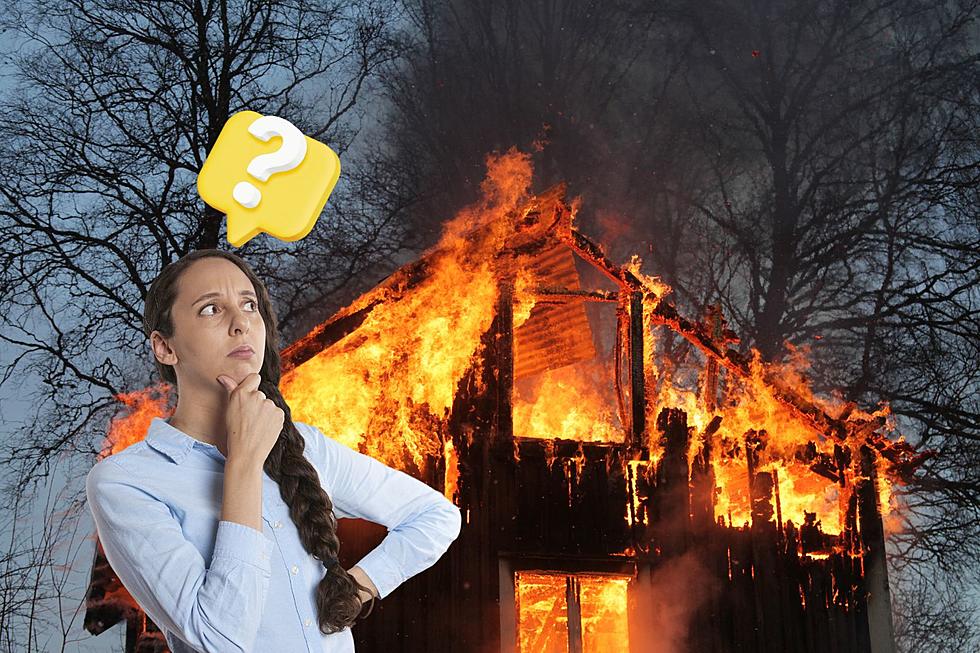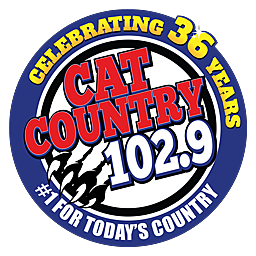
Why is Montana One of the Worst in the Nation for Fatal House Fires?
A recent report about fatal residential fires in Montana has us scratching our heads.
We didn't fare very well, coming in 4th in the nation for home fires that result in fatalities. Alaska, Wyoming, and Tennessee take the top three slots, and South Dakota rounds out the top five, according to Fire Cash Buyers, a real estate group that specializes in purchasing fire-damaged homes.
According to statistics from the US Fire Administration, for every 1,000 homes that catch on fire in the Treasure State, there are 14.2 deaths. The Zebra notes that there are an average of 358,000 home fires annually in the US. The average fatality rate for the entire United States is much lower than Montana's with just 2.5 civilian fire deaths per 1,000 fires.
Why do we rank so high on the list?
Our first thought when we read the report is that our lousy ranking has to do with wildfires or our vast rural areas where fire response time might be slow. That could account for structures being destroyed but it doesn't make sense when it comes to residents getting out of a burning house.
Are we sleeping through fires that ignite overnight? Do we not have working smoke detectors? Do none of our windows open, allowing people to become trapped? Data indicates the top three causes of fires in homes are cooking, heating equipment, and electrical malfunction.
Run through your household fire safety checklist.
Many Montanans supplement (or rely solely) on burning wood for heat in the winter. Now is a good reminder to have your chimney checked and cleaned by a chimney sweep each season to prevent dangerous creosote buildup, which can quickly turn your chimney into a giant rocket stove.
Of course, you should have working smoke detectors in every room in your house. Keep an easily accessible fire extinguisher in or near your kitchen. Spend a moment reviewing escape plans if you have children. As the holidays approach be mindful of overloading electrical circuits with too many strings of lights and always check for frayed or damaged cords. Find more fire safety tips from the American Red Cross HERE.
LOOK: The most expensive weather and climate disasters in recent decades
Gallery Credit: KATELYN LEBOFF


